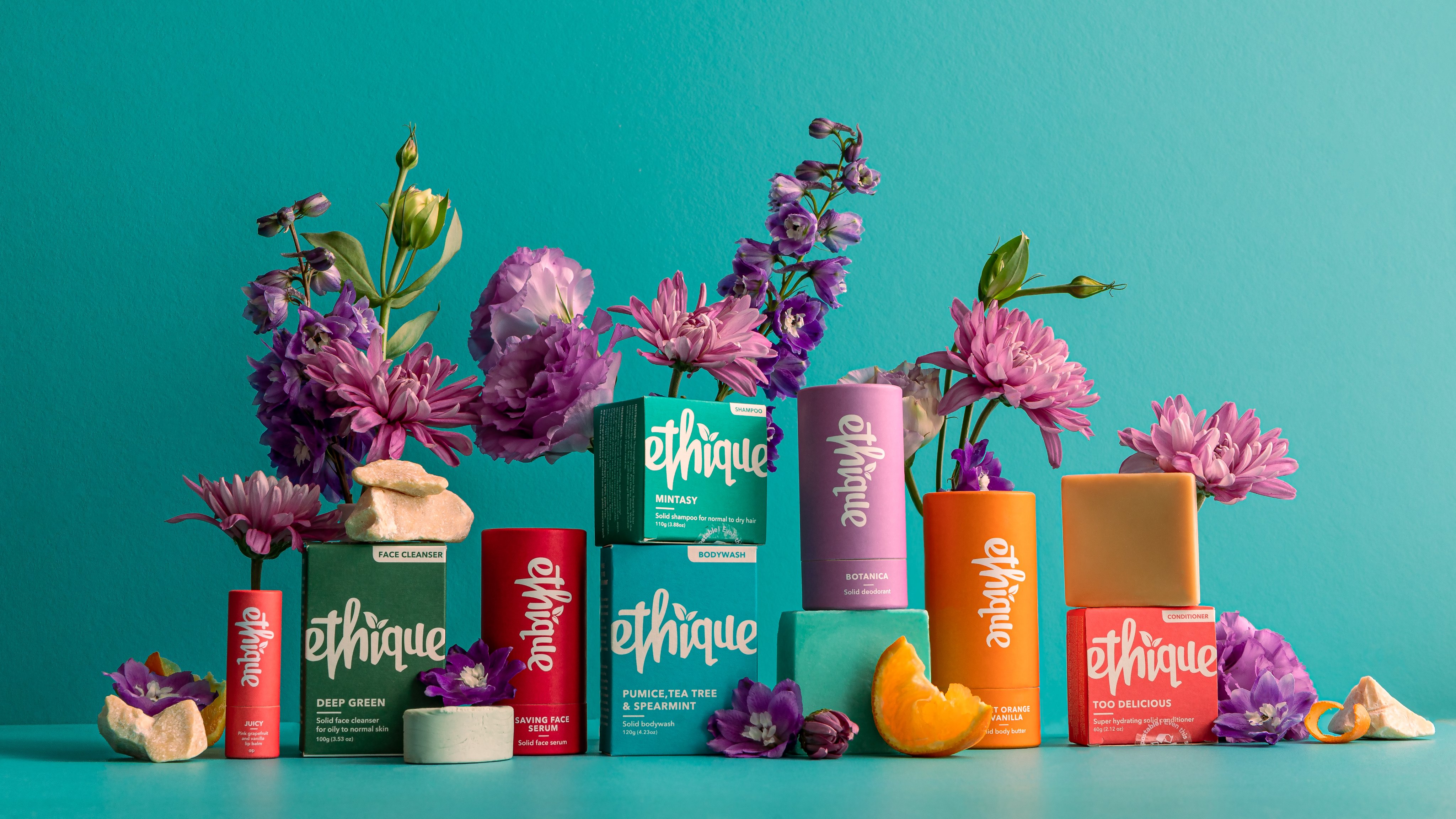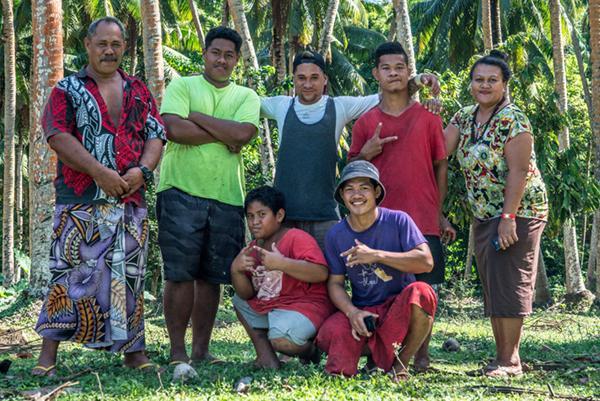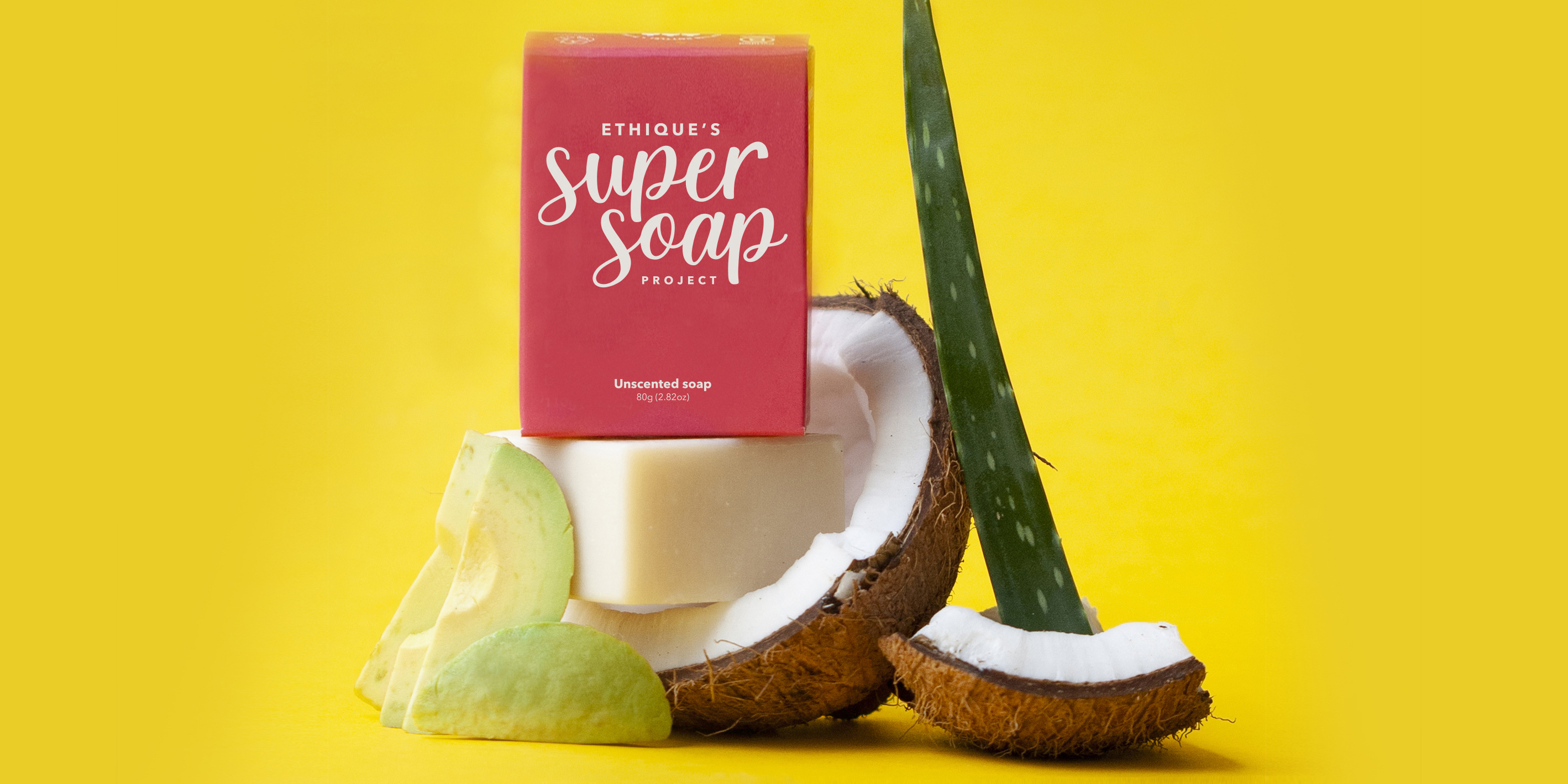Aotearoa New Zealand-based, sustainable lifestyle and beauty brand Ethique is best known for its plastic-free shampoo and conditioner bars. More recently, they launched a range of beauty and cleaning concentrates to help consumers minimise plastic use in the home. Through Ethique’s work building and influencing positive relationships with their supply chain, they have continued on their mission for a plastic-free world. Ethique is honoured on this year’s Best for the World™ list in Community, and to celebrate this milestone, we spoke with CEO and founder Brianne West.
Watch the conversation here or read the interview below.
Brianne: You see so much marketing out there that the consumer should be responsible for recycling the packaging and this and that. A lot of the blame for waste has been on the consumer, and that’s not fair. Businesses need to be thinking about how they can reduce waste when they design a product.
I started Ethique out of my kitchen. It was back in 2012, at the end of the year, and I was kind of bored.
I believe passionately that business is the way to save or to fix many of the problems that we face, particularly environmentally and socially. Because to be honest, we’ve created most of them through business.
I wanted to create something that would undo a lot of that harm, but still be financially viable. So it would be a business as opposed to a charitable program. I was studying science at the time, and it was a low-barrier entry into the cosmetics world – which maybe seems a bit frivolous. But almost everybody uses some form of a hygiene product, so it’s a pretty big industry. I figured that would be where we could start seriously reducing the amount of plastic usage and operating businesses as ethically as possible.

Ethique’s plastic-free products come in compostable packaging.
B Lab: How do you go about choosing your suppliers and building those relationships? What is the screening process, or the minimum bar that you’re actually looking for?
Brianne: It seems to me that the supply chain is often overlooked by businesses when they are looking for ways to reduce their impact or to make the business operations fairer. I actually think it’s the area business can have the most impact. So it’s always been very important to us.

A family farm supplies Ethique’s coconut oil.
Our first relationship directly with a Fairtrade supplier was actually our coconut oil in Samoa. I reached out to them in 2013, I think it was very early days. We were literally still in the kitchen, and most of our products – about five products back then – were based on coconut oil, so I wanted a Fairtrade and sustainable source for the environment.
I reached out to them, and I thought they’d ignore me but they were incredibly kind and very keen to welcome me over there. I went over and had a look at what they did and how they work with the community. That’s almost best practice for us now. It’s really rewarding and it is absolutely something every business should consider doing ASAP.
B Lab: I love Ethique’s value chain perspective and making sure you connect those dots [by direct trading], because the jump from coconut to coconut oil from a manufacturing perspective doesn’t seem like that much, but from a value perspective it’s massive. I want to talk about those relationships and international trade, which we know is particularly challenging right now. Throughout COVID, what were some of the things you did at Ethique to ensure the supply chain was taken care of from start to finish, while the world was covered in uncertainty?
Brianne: To me, the very evident way we could make a serious impact initially was through soap and water. 2.2 billion people don’t have access to soap, let alone clean water. We wanted to do something to address that, which is where our Super Soap project came from.
The idea was that we would donate bars of unscented, super hypoallergenic soap to as many developing nations as we could. We also worked with underrepresented communities in New Zealand. We gave away about 35,000 bars in August last year. It was, to be perfectly honest, a drop in a bucket, but at least it was something we could achieve because there is very little you can do from such a small, remote place.

B Lab: What types of education have you done with logistics companies and your supply chain?
Brianne: It’s like everything we do. We approach with positive education – rather than the preaching ‘you’re doing the wrong thing’ approach – and it works quite well. As an example, our US warehouse is a third party. Our US distributors are wonderful and incredibly successful; they turn out something crazy like 200,000 parcels a week. They’ve committed to becoming entirely plastic-free in their entire warehouse by the end of this year. That’s as a result of working with companies like Ethique who have asked them for that sort of thing more and more, and requests from consumers to change.
B Lab: Are you finding that you’re getting a lot of that demand coming from the consumer level rather than from the retail wholesale level?
Brianne: We do get a lot of people who are suspicious. They’ll say, ‘Are you really palm oil free?’. We welcome those sorts of questions because not only do we have the proof, but it also proves to us that people actually care and understand why these things are important.
Consumer demands for more transparency, more authenticity, and much greater brand values are hugely on the increase.
B Lab: Is there something that you hope to see change at the middle retail level that would result in quite significant systems change for you?
Brianne: I think the way that will work, and it has been proven to work, is if customers put pressure on the brands that those retailers are selling. Because those brands, particularly if they’re bigger, have an enormous impact on those retailers.
B Lab: As you’ve scaled to meet demand, are you finding that the visibility or control over all of your distribution centres and supply chain is a lot more challenging? What are you doing to remediate those challenges?
Brianne: All our products are manufactured with one (and a bit) manufacturers in New Zealand. We’re very close with everything that goes on with the manufacturing, all the way through to the warehousing perspective, so that’s nice and easy. We specify our ingredients down to the supplier because we vetted them all from the palm oil perspective, and social values and community.
We want to make sure that our retailers are portraying our brand in the right way, but also that they adhere to the values of the brand. It’s not always possible to have a completely plastic-free supply chain. You don’t know if there’s tape involved in retailers. There are all sorts of stuff involved that no one would ever see. But if you partner with values-led retailers and partners in general, you will find those conversations a lot easier to have.
B Lab: What you would like to see become the norm for businesses, not only in the region but businesses in general?
Brianne: I’d like to see a lot of change, and the overarching piece is to think about how they make business fair.
By that I mean for every single person involved in every single step of the business: from the very early stages of the supply chain, to the growers and the producers, and then the manufacturers of ingredients or all the components that go into your products, all the way to your team and then to the end-user.
Congratulations to Ethique for making the Best for the World 2021 list for Community.
Interviews have been edited for clarity and length.

